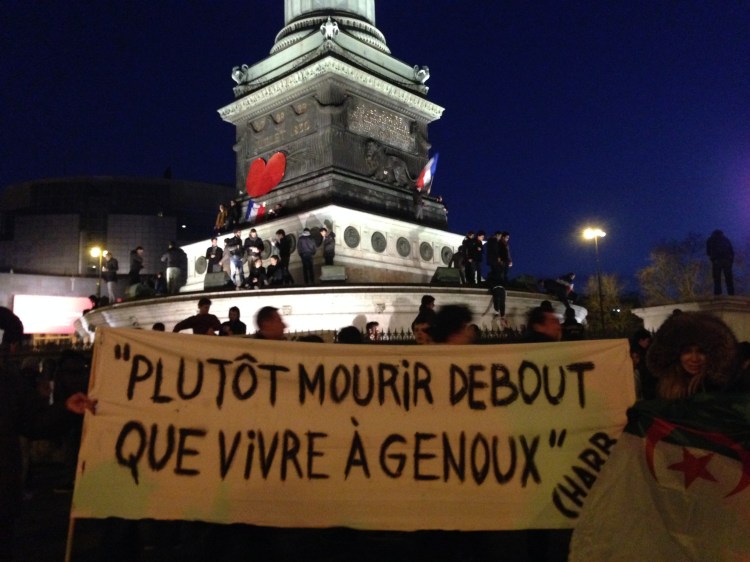Want smarter insights in your inbox? Sign up for our weekly newsletters to get only what matters to enterprise AI, data, and security leaders. Subscribe Now
PARIS, France — Following a series of shootings that stunned this nation and sparked a global debate about the nature of free speech, a group of European Union ministers met this past weekend to consider how to respond to mounting concerns about terrorism.
One suggestion, from a memo issued yesterday, is sure to raise some red flags for free speech advocates:
“We are concerned at the increasingly frequent use of the Internet to fuel hatred and violence and signal our determination to ensure that the Internet is not abused to this end, while safeguarding that it remains, in scrupulous observance of fundamental freedoms, a forum for free expression, in full respect of the law,” the memo said. “With this in mind, the partnership of the major Internet providers is essential to create the conditions of a swift reporting of material that aims to incite hatred and terror and the condition of its removing, where appropriate/possible.”
Huh.
In one statement, the EU has managed to capture all the contradictory notions between free speech and security that have swirled around the attacks that left 17 dead, including the staff of the satirical Charlie Hebdo newspaper, 2 police officers, and four Jewish people at a kosher grocery store.
For many people, the slain Charlie Hebdo staff died for their belief in free speech, no matter how provocative that expression may be. And so, the statement seems to be trying to capture that spirit by saying ministers want to “safeguard” the freedom to say or do anything online.
And yet, by noting that such an environment may be giving rise to “hatred and violence,” there is the implication that some sort of limits are needed. Without detailing what those might look like, or where a line might be drawn, the EU issues a vague call to action by ISPs to become watchdogs of sorts.
To be sure, the memo is mostly a political statement to give the appearance of action, that something is being done by somebody of authority to prevent further atrocities. Nothing more may come of it.
Still, by introducing the idea of limits of some kind, and the idea that what you do and say online may be subject to even greater scrutiny, it would seem the EU ministers have managed to take the tiniest of steps in the direction that the staff of Charlie Hebdo had pushed back against for the past four decades.
In a week where the staff was memorialized in churches they detested, and showered with acclaim by politicians they mocked, the notion that their deaths might be cause to consider any limit on speech is just one more irony.


